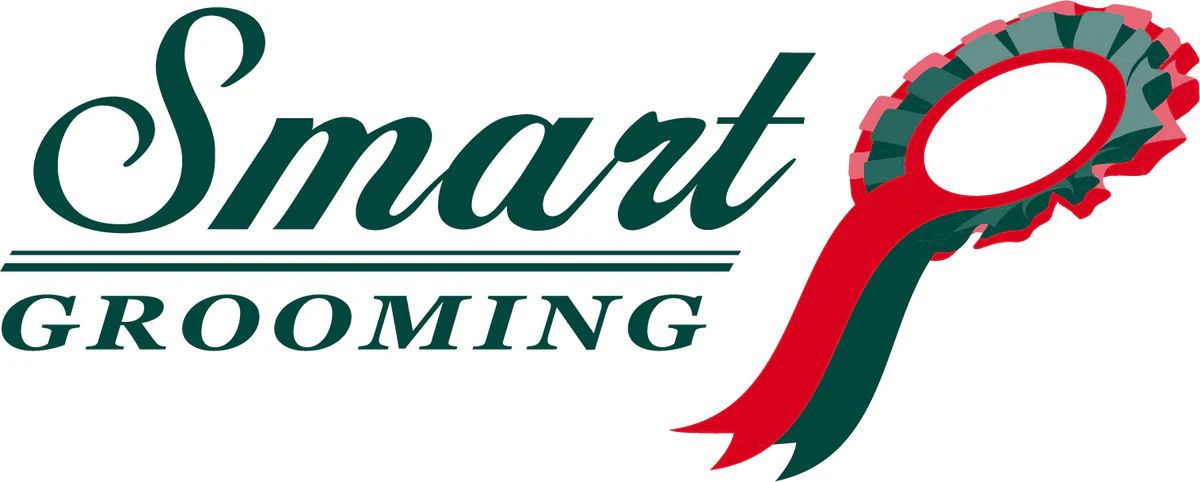- Join Us
- Login
- EEA ToolKit
- Employment Essentials
- Frequently asked
- Contracts and wages
- Time off work & absence
- Staff management & training
- Workplace disputes
- Dismissals and resignations
- Pregnancy and children
- Avoiding discrimination
- Redundancy and Retirement
- Other responsibilities
- Legal Helpline
- Recruitment
- Good Recruitment
- New starters
- Find a groom
- Good Employment
- Resources
- Downloads Library
- EEA Pension & Payroll
- Safe workplace
- Employers Minds
- Transporting horses
- Riding Establishment Licences
- Member discounts
- Business Hub
- Equestrian businesses
- The business plan
- Business compliance
- My clients
- Livery Contract Creator
- Financial matters
- Business challenges
- Marketing
- The EEA
- Employers Life
- Contact

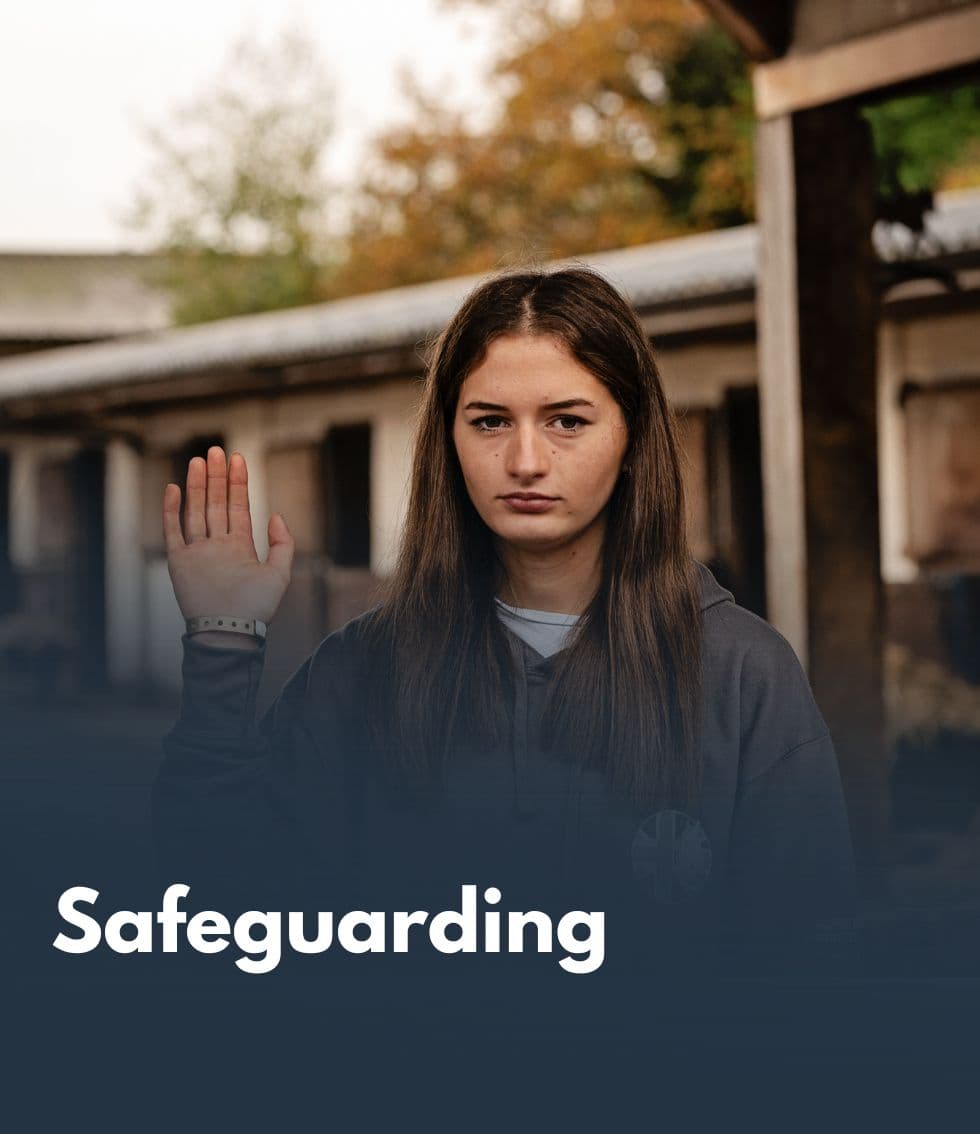
Safeguarding for employers
Safeguarding means protecting a person’s well-being, health, and human rights in order to prevent harm, abuse, or neglect. Safeguarding children, young people, and adults is a shared responsibility and should be a priority for everyone on your yard.
Safeguarding concerns could include anything relating to:
- Abuse - physical/sexual/psychological/financial
- Discrimination
- Radicalisation
- Bullying
- Mental health issues
Working with children or adults at risk
Those working with children or adults at risk will fall under the safeguarding regulations as set out in the Safeguarding Vulnerable Groups Act 2006.
For safeguarding purposes, anyone under the age of 18 is a child, and anyone aged between 18 and 24 is typically considered to be a young adult. Please note that in Scotland, adults at risk or vulnerable adults can, in some circumstances, relate to those aged 16 years and over.
england and wales
If your staff are working unsupervised with children or adults at risk, you should ensure that they have an enhanced Disclosure and Barring Service (DBS) check. To obtain a check, if you are not registered with the DBS yourself, you’ll need to go through a DBS umbrella body (a third-party service that submits checks for employers).
scotland
If your staff are working directly with children or protected adults, they will require a Protecting Vulnerable Groups (PVG) check with Disclosure Scotland.
northern ireland
If your staff provide services to or have close and regular supervision with children or at-risk adults, they will usually require an enhanced AccessNI check.
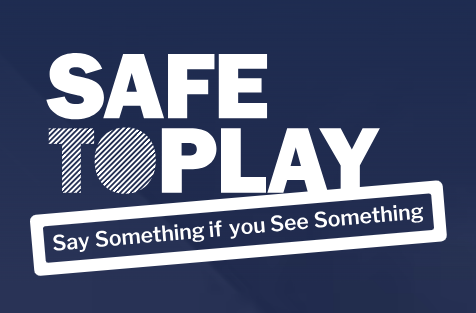
find out more about safeguarding
For more information about safeguarding or to report a concern, visit British Equestrian’s designated safeguarding hub Safe to Play.
safeguarding FAQs
YARD MANAGER SWEARING AT APPRENTICE
A member of staff has told me that they saw the yard manager shouting and swearing at a 16 year old apprentice. Is this a safeguarding issue and what should I do?
Yes, a manager shouting and swearing at a 16-year-old employee could be considered a safeguarding concern, as well as a potential case of workplace bullying or harassment.
As an employer, you have a duty of care to protect young workers from harm, including verbal abuse, bullying, or intimidation. You should assess the risk of harm to the apprentice and consider removing them from the yard manager’s supervision temporarily, if appropriate.
You should investigate the incident fully and ensure that you keep a written record of all discussions. Once the investigation is complete, you should take appropriate action in line with your disciplinary policies.
If necessary, you can report the incident to British Equestrian using the online reporting form.
UNDER 18 IN SHARED ACCOMMODATION
We have a new member of staff who is 17 years old and will be sharing accommodation with 3 other grooms who are all older than her. Is this a safeguarding issue?
This situation raises safeguarding concerns, and while it may not be illegal, certain protections should be in place because the new staff member is 17 years old and still legally a child in the UK.
Key considerations in this situation are:
Safeguarding & Duty of Care – Employers have a legal duty of care under the Children Act 1989 and Health and Safety at Work Act 1974 to protect young workers from harm.
Suitable Accommodation – The accommodation should be safe and appropriate for a child. Sharing with only older adults could create risks of exploitation, bullying, or inappropriate behaviour. As an employer, it is your duty to prevent your employee from experiencing this.
FARRIER MAKING INAPPROPRIATE COMMENTS
I overheard the farrier making sexual comments towards one of the livery clients who is 15 years old. What should I do?
This is a serious safeguarding concern. A 15-year-old is a child, and inappropriate sexual comments from an adult could be considered child sexual harassment or grooming under UK safeguarding laws.
Write down exactly what was said, the time, date, and who was present. This may be important if an investigation is needed.
Encourage the victim (or their guardian) to report it – If appropriate, discreetly ask the 15-year-old or their parent if they wish to report the incident. However, you should still report it yourself as safeguarding is a shared responsibility.
As the business owner, you can protect the victim by not allowing the farrier to attend the yard. You can also report the incident directly to the Farriers Registration Council or to The Worshipful Company of Farriers.
DO MY STAFF NEED DBS CHECKS?
My staff are going to be working unsupervised with children who come for pony days at our yard, do they need a DBS check?
Yes, they should have an enhanced DBS check. If you are not registered with the DBS yourself, you will need to use an umbrella organisation to carry out the checks on your behalf.
CONCERNS ABOUT A CHILD
I have noticed that one of the children who comes to have lessons at my riding school has lots of bruises on their arms. They have also become very quiet and withdrawn. When I asked about the bruises, they said that they fell off a climbing frame, but I am concerned about them. What should I do?
Unexplained bruising and behavioural changes can be signs of potential abuse or neglect. Even though the child said they fell, you should still report your concerns, as children may not always feel safe telling the truth.
You should record your concerns, noting down exactly what you observed. Every area in the UK has a Local Authority Designated Officer (LADO) or a Children’s Social Care team. You should report concerns to them, even if you're unsure. You can also report your concerns directly to British Equestrian using their online reporting form on the safe to play platform.
SHARING LORRY ACCOMMODATION WITH MY GROOM
We are attending a 3 day event and my groom, who is an 18 year old male, will be sharing accommodation in the lorry with me for 3 nights. I am female and 38 years old. Is this ok?
Even though your groom is legally an adult, safeguarding principles still apply in this situation, particularly for younger and more vulnerable employees. This arrangement is highly unprofessional and could create a situation where he feels pressured or uncomfortable. As an employer, you have a legal responsibility to ensure your employees’ safeguarding and well-being at work. You should provide your groom with alternative, separate accommodation.
GROOM OFTEN WORKS UNPAID OVERTIME
I pay my 19-year-old groom for a 48-hour week at the NMW. She often works for more than 48 hours, particularly when we go to shows. She has complained about this to other staff and told them them that I am domineering and mean to her, but she hasn't raised the issue with me. I can’t afford to pay her more, and everyone knows that working with horses isn’t a 9 - 5 job. I try to give her time off to make up for it, but we are very busy and it is hard to fit it in. What should I do?
Firstly, you should pay your groom for every hour they work. If she works more hours but is only being paid for 48, she is being paid less than the National Minimum Wage, and this is illegal. You should ensure that you keep an accurate record of her working hours and that she is paid, or receives time off in lieu, for every extra hour worked.
Secondly, she should not be regularly working for more than 48 hours a week unless she has opted out of the Working Time Directive.
While safeguarding typically applies more to children and vulnerable adults, workplace safeguarding covers mental health and wellbeing. As an employer, you are responsible for preventing bullying and harassment in the workplace. The groom may not feel comfortable approaching you in person, but she should be encouraged to report her concerns to another manager or a suitable person so that they can be investigated and addressed.

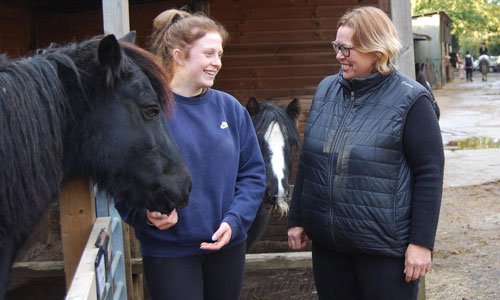










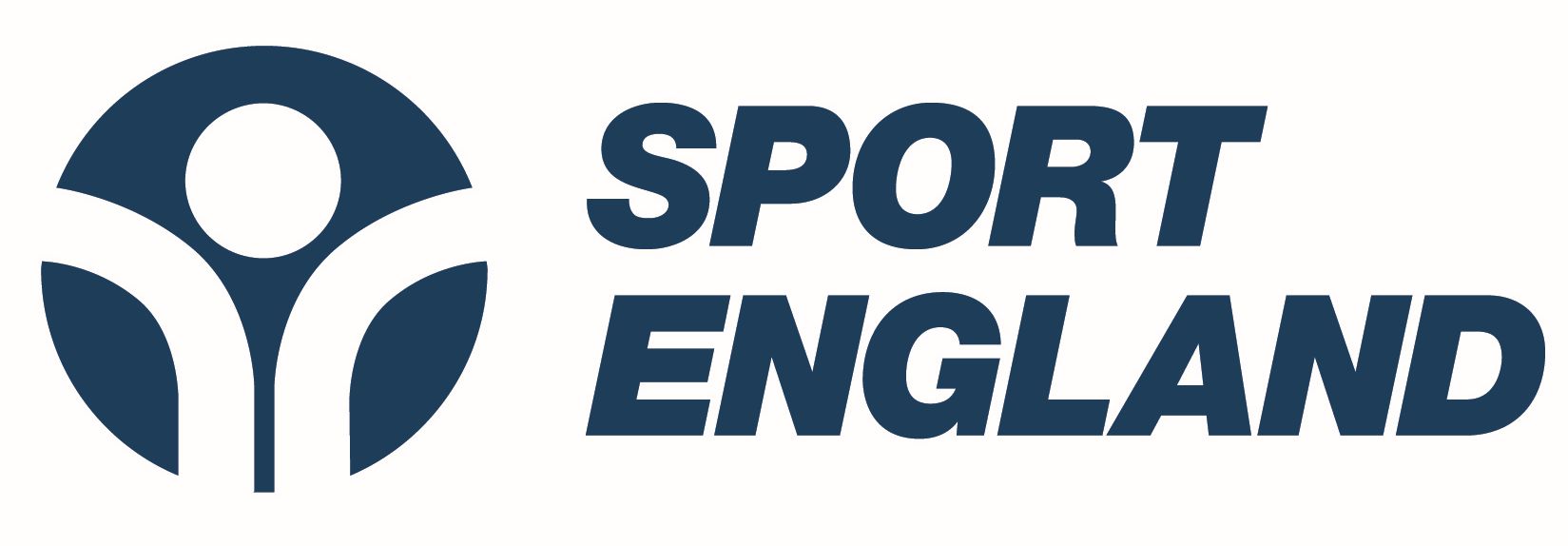

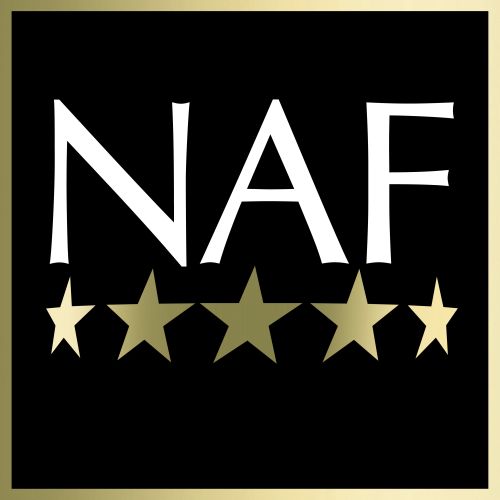


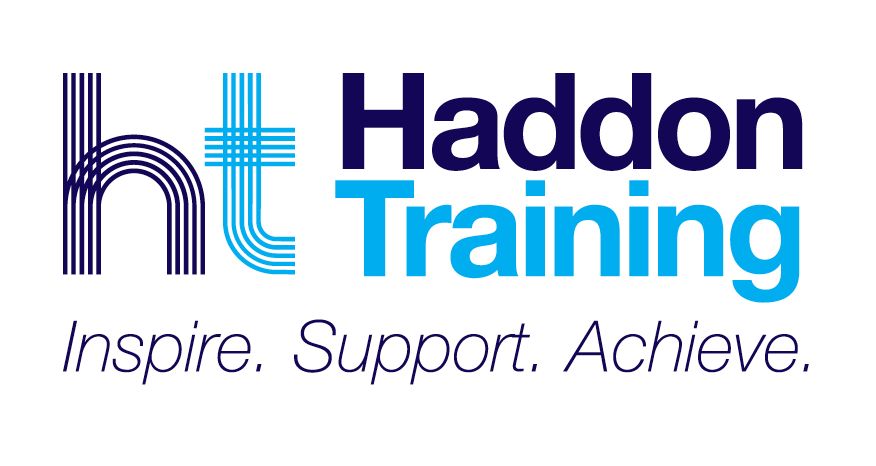
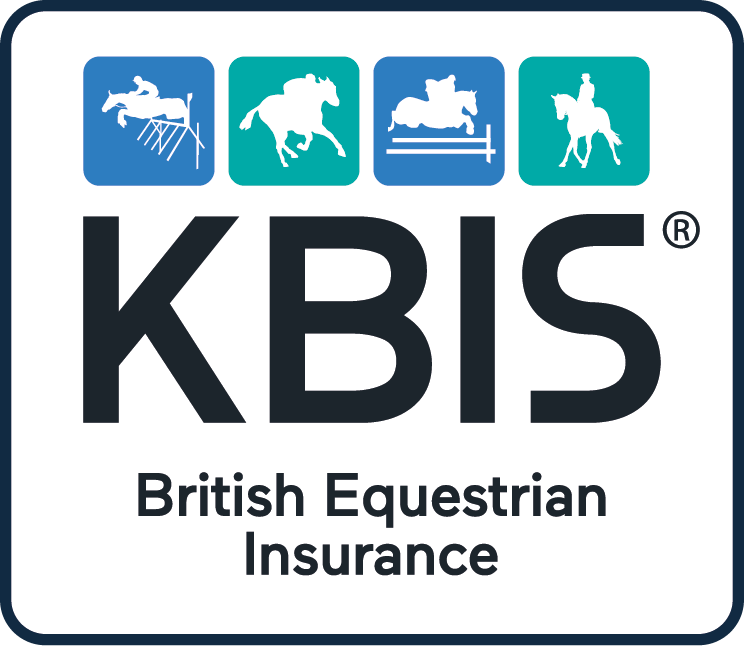
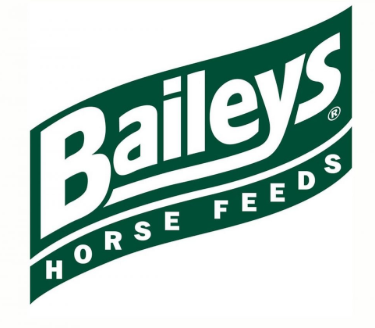
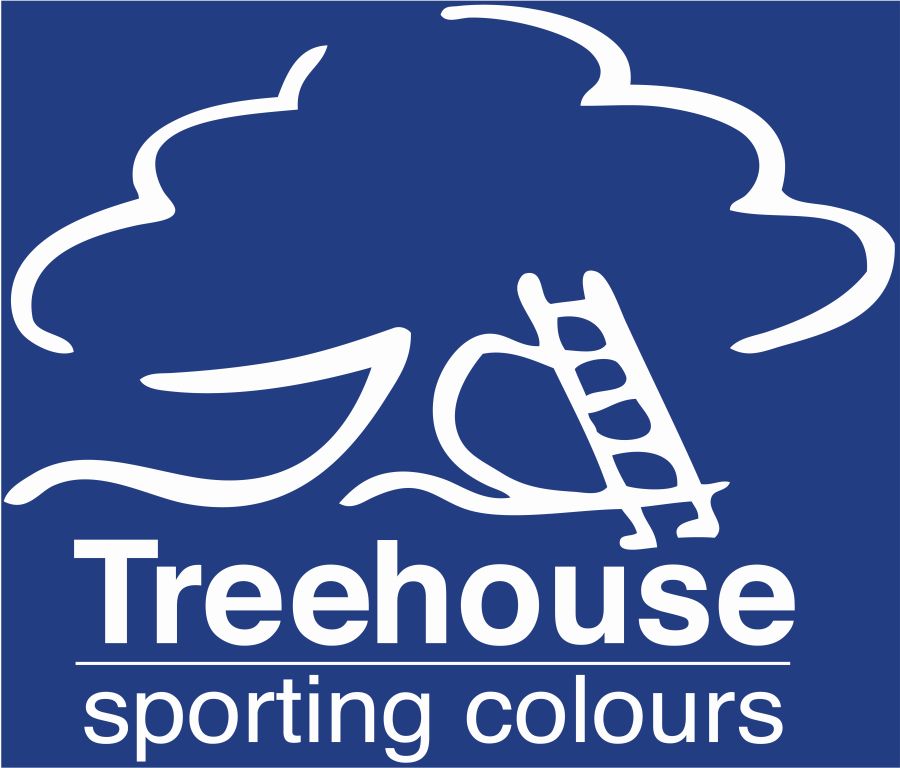

-Small.jpg)

